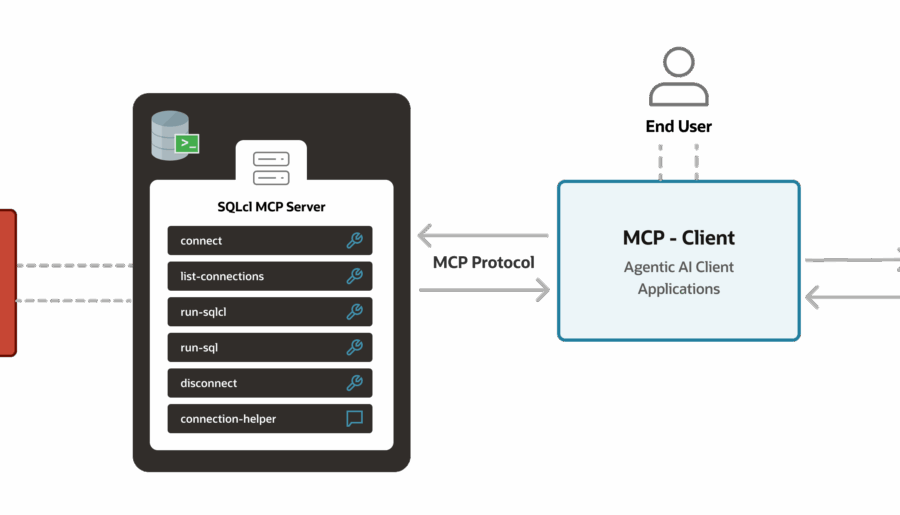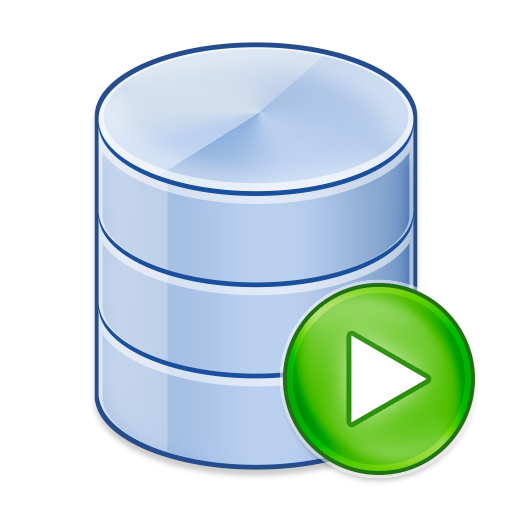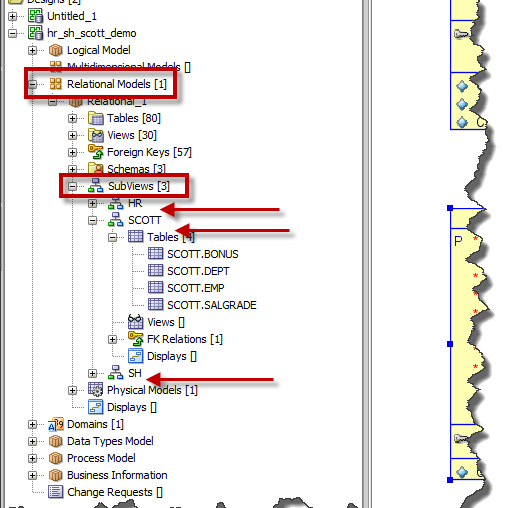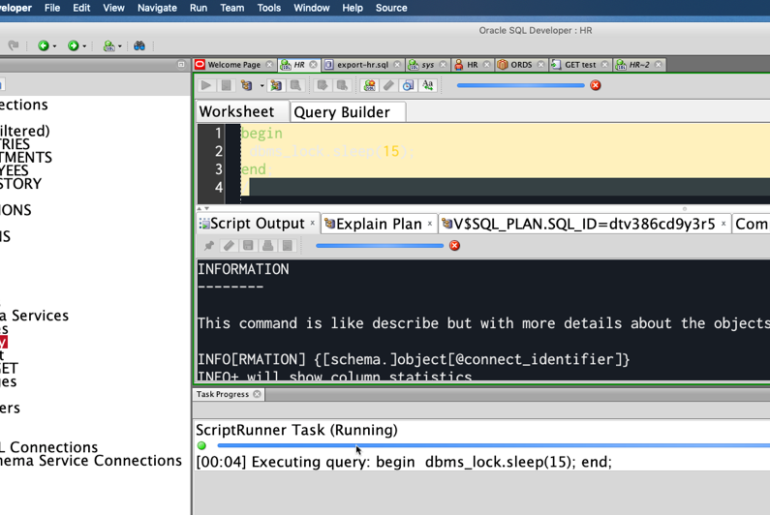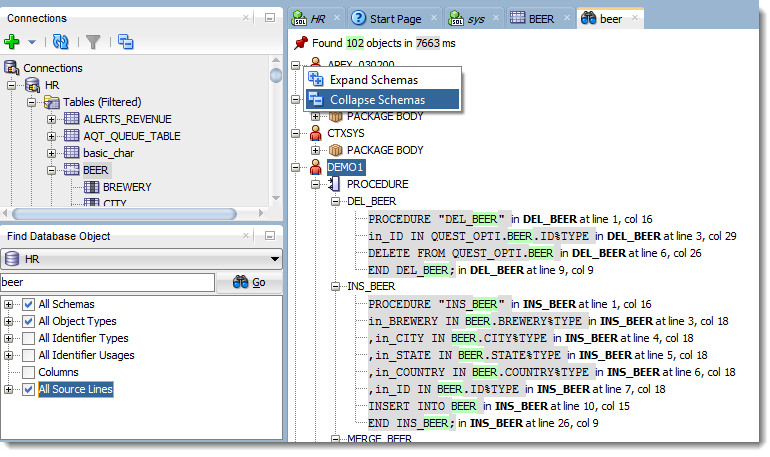What keyboard shortcuts should EVERY Oracle SQL Developer user know? How do you find new shortcuts to master, and how do you change them to match ones you’ve already learned in other tools? These are the driving questions for today’s post. While some of us may be keyboard ninjas, and others are more driven to use the mouse – everyone has probably picked up a few strategic keyboard shortcuts over the years. For example, I’ve…
This is another maintenance release, but I don’t want to minimize the work done in either the 3.2.1 or the 3.2.2 editions. The two releases include more than 400 bug fixes. Version 3.2 should be rocking and rolling and good to go while we work on the next major release! You can find the downloads and bug fixes in the normal places: Download 3.2.2 Bug fixes Connection Names If you downloaded and used version 3.2.1…
Apologies for slacking on the blogging front here lately. Still mentally hung over from Open World, and lots of things going on behind the scenes here in Oracle-land. Whilst (love that word) blogging is part of my job, it’s not the ONLY part of my job 🙂 So a super-quick and dirty ‘trick’ this morning. Copying Query Result Record as New Row in Table Copy and paste is something everyone ‘gets.’ I don’t know we…
We’ve all been there – you’ve managed to write a query that takes longer than a few seconds to execute. Tuning aside, sometimes it takes longer than you want for a query to run. So what’s a SQL Developer user to do? I say, keep going! While you’re waiting for your query to finish, there’s no reason why you can’t continue on with your work. If you need to execute something else in a worksheet,…
The Object Search was greatly enhanced in version 4.x – go read about that here. Version 3.2.1 included a few tweaks along with several hundred bug fixes. One of those tweaks was the addition of ‘ALL_SOURCE’ as a selection for the Type drop down in the Find Database Object panel. Searching the database for your code or objects can be expensive. The ALL_SOURCE view comes in pretty handy when I want to demo how to…
Last week was the ‘big show’ in San Francisco. I was very happy to meet many of you in person. And many of you had questions – lots of questions! We had full or overflowing rooms for our sessions and hands-on-labs. The SQL Developer ‘booths’ were also slammed several times. So exciting to see so many of YOU excited about SQL Developer. It’s very cool to hear the stories of our tools saving you and…
Oracle SQL Developer version 3.2.1 is now available. I recommend that everyone now upgrade to this release. It features more than 200 bug fixes, tweaks, and polish applied to the 3.2 edition. The high profile bug fixes submitted by customers and users on our forums are listed in all their glory for your review. I want to highlight a few of the changes though, as I recognize many of you lack the time and/or patience…
One of the challenges I face as I try to share tips about our software is that I tend to assume there are features that you just ‘know about.’ Either they’re so intuitive that you MUST know about them, or it’s a feature that I’ve been using for so long I forget that others may have never even seen it before. I want to cover two of those today – Describe (DESC) – SHIFT+F4 Floating…
Ever wonder why Database Diff isn’t called Schema Diff? One reason is because SQL Developer actually allows you to select objects from more than one schema in the ‘Source’ connection for compares. Now, before you get around to testing this – as you should never believe what I say, trust but verify – two things you need to know: I’m using SQL Developer version 3.2 On the initial screen you need to use the ‘Maintain’…
Having trouble finding something? Maybe you’re just getting older? I know I am. But still, it’d be nice if my favorite database tool could help me out a bit. Hmmm, what’s this ‘Find Database Object’ thing over here…sounds like a search mechanism of some sort? You can access this panel from the ‘View’ menu. It’s a good bit down the screen, so I don’t blame you if you haven’t seen it before. It makes finding…


